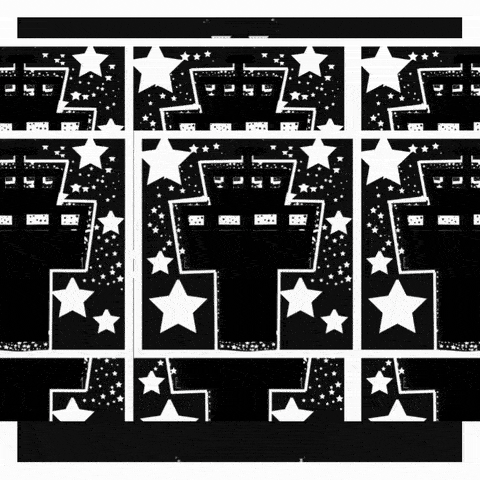Click here to flash read.
Approximate message passing (AMP) is a scalable, iterative approach to signal
recovery. For structured random measurement ensembles, including independent
and identically distributed (i.i.d.) Gaussian and rotationally-invariant
matrices, the performance of AMP can be characterized by a scalar recursion
called state evolution (SE). The pseudo-Lipschitz (polynomial) smoothness is
conventionally assumed. In this work, we extend the SE for AMP to a new class
of measurement matrices with independent (not necessarily identically
distributed) entries. We also extend it to a general class of functions, called
controlled functions which are not constrained by the polynomial smoothness;
unlike the pseudo-Lipschitz function that has polynomial smoothness, the
controlled function grows exponentially. The lack of structure in the assumed
measurement ensembles is addressed by leveraging Lindeberg-Feller. The lack of
smoothness of the assumed controlled function is addressed by a proposed
conditioning technique leveraging the empirical statistics of the AMP
instances. The resultants grant the use of the SE to a broader class of
measurement ensembles and a new class of functions.



